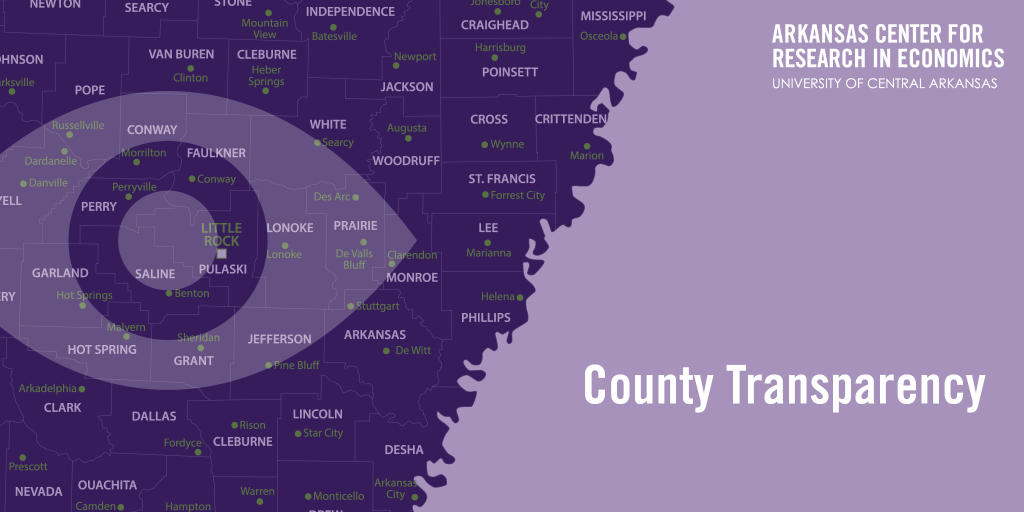By Caleb Taylor
ACRE Policy Analyst Dr. Mavuto Kalulu says no in an op-ed entitled “In public view,” published in the Arkansas Democrat-Gazette on September 20th.
A proposed casino in Pope County has generated much debate between residents and state and local officials in recent months. Arkansas voters approved Issue 4 in 2018, which allowed for new casinos to be built in Pope and Jefferson counties.
However, to operate in these counties, a private company must secure a letter of support from the County Judge or a resolution from the Quorum Court in order to obtain a casino license from the Arkansas Racing Commission.
Pope County officials have come under scrutiny recently over whether meetings regarding competition for the casino license complied with the state’s Open Public Meetings Act.
Kalulu notes there have been “reports that a Pope County justice of the peace and seven other residents filed a complaint with the county prosecutor concerning private meetings the county judge and some members of the quorum court held to discuss the competition for a casino license.”
Troubles with transparency aren’t just a problem in Pope County. Jacksonville city officials were recently informed by Pulaski County Prosecuting Attorney Larry Jegley that an August 15th meeting of three city council members regarding possible police pay raises likely violated the state’s Freedom of Information Act.
Increasing transparency allows for residents to participate in the decision-making process of their local governments.
Kalulu said:
For county residents to be able to participate in the decision-making process, counties should ensure that residents are informed in a reasonable amount of time of the date, time and place of the meeting to allow enough time for residents to plan to attend. The Open Public Meetings Act requires that stakeholders such as media be notified “at least two hours before the meeting takes place in order that the public shall have representatives at the meeting. More needs to be done, especially if it’s an emergency or special meeting. Officials could also publish information about meetings online on county websites or social media pages. In our 2018 report ‘Access Arkansas: County-Level Web Transparency,’ Terra Aquia, Joyce Ajayi, and I found that only 18 counties publish information about quorum courts’ meeting times and places. In addition, only 12 counties publish the agendas for the meetings online.”
Interested in more of our work on transparency? Check out Kalulu’s policy brief, “Let the Sun Shine In: Improving Access to Arkansas Counties’ Financial Information,” which shows what an average Arkansan would experience when attempting to collect county financial information.
Kalulu is the author of Access Arkansas: County-Level Web Transparency with ACRE Program Coordinator Terra Aquia and Joyce Ajayi, a PhD student in the UCA Leadership Studies Program. Access Arkansas was ACRE’s inaugural index that ranks all Arkansas counties by how much financial, political and administrative information their websites contain. An updated edition is scheduled for release later this year.

